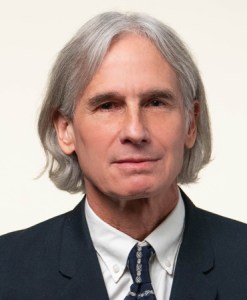This paper develops a real business cycle model with five types of fundamental shocks and one "equity sentiment shock" that captures animal spirits-driven fluctuations. The representative agent’s perception that movements in equity value are partly driven by sentiment turns out to be close to self-fulfilling. I solve for the sequences of shock realizations that allow the model to exactly replicate the observed time paths of U.S. consumption, investment, hours worked, the stock of physical capital, capital’s share of income, and the S&P 500 market value from 1960.Q1 onwards. The model-identified sentiment shock is strongly correlated with survey-based measures of U.S. consumer sentiment. Counterfactual scenarios with the model suggest that the equity sentiment shock has an important influence on the paths of most U.S. macroeconomic variables.
About the Author
Kevin Lansing is a senior research advisor in the Economic Research Department of the Federal Reserve Bank of San Francisco. Learn more about Kevin Lansing
